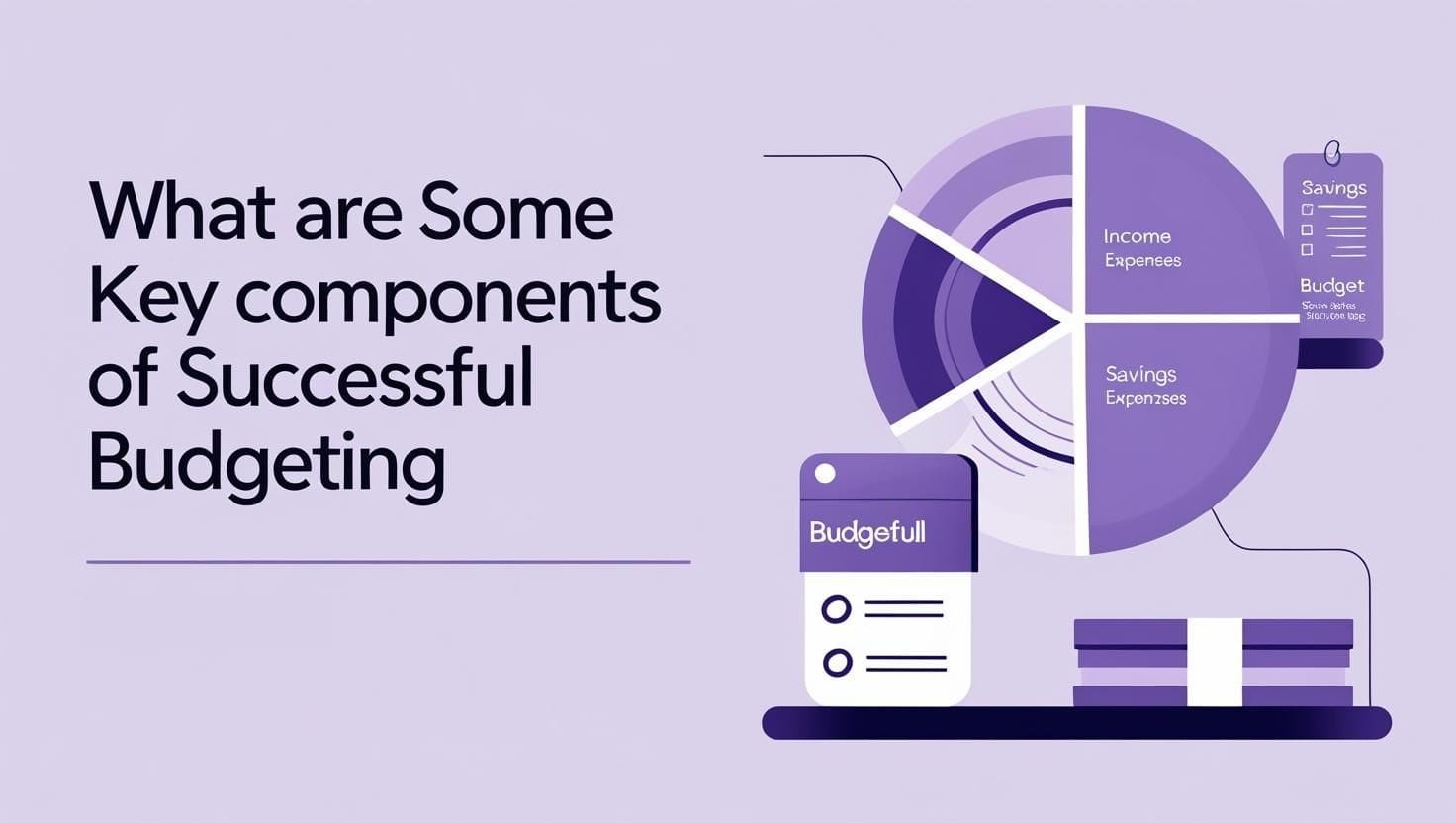Table Of Contents
Introduction
Think back to the last time you faced an unexpected expense – a car repair, a medical bill, or even a sudden job loss. If you had savings, you probably felt a little more at ease. But if not, the stress likely weighed heavy. Saving money isn’t just about stashing away cash for a rainy day. It’s about gaining freedom, peace of mind, and control over your future.
Saving is often seen as something people should do when they “have enough.” But the truth is, saving even small amounts regularly can make a big difference. It’s not about the size of your paycheck – it’s about making intentional choices with the money you have. This article explores ten real, practical benefits of saving money and how it can improve your life both now and later.
Whether you’re trying to build an emergency fund, prepare for retirement, or save for a dream vacation, understanding the full impact of saving can motivate you to start (or continue) your journey with more purpose.
1. Financial Security During Emergencies
Life can throw surprises at any time – some pleasant, others not. You might face a medical emergency, lose your job, or need to fix a broken appliance. If you don’t have savings, you may be forced to borrow money, often at high interest.
Real-Life Example:
Imagine a family with ₹1,00,000 in savings. If one partner suddenly loses their job, this fund can help them pay for rent, groceries, and bills for at least a month without taking a loan or using credit cards.
Why It’s Important:
Savings work like personal insurance. They give you the power to manage the unexpected without falling into debt.
What You Can Do:
Start by setting a goal to save three months’ worth of your basic living expenses. Save a little every month and stay consistent.
2. Freedom to Make Life Choices
When you don’t have to worry about every rupee, you get to make better life choices. You can quit a job that makes you unhappy, take time off to study, travel, or even launch a small business.
Real-Life Example:
Rohan saved a fixed amount every month for three years. Later, when he wanted to change careers, he didn’t panic – he used his savings to support himself during the transition.
Why It Matters:
With savings, you’re not stuck. You can make decisions based on what’s right for your life – not just what you can afford today.
3. Reduced Stress and Improved Mental Health
Money-related stress is one of the top reasons for anxiety and arguments at home. Constantly worrying about bills or emergencies can wear you down emotionally.
Simple Truth:
When you know you have money saved for tough times, you feel calmer and more in control.
Study Insight:
People with emergency funds often report lower levels of stress and greater happiness.
Helpful Tip:
Set up an automatic transfer to your savings account every month – even if it’s just ₹500. It grows slowly but steadily and removes the stress of manual saving.
4. Avoid Getting Trapped in High-Interest Debt
If you don’t have savings, you may rely on credit cards or loans during emergencies. But interest rates on these can be very high – sometimes up to 36% per year.
Example:
If you pay ₹25,000 using a credit card and don’t repay it quickly, you might end up paying over ₹40,000 by the time you’re done.
Smart Choice:
Having a basic emergency fund means you can pay for sudden costs without falling into a debt trap.
5. You Can Start Investing and Build Wealth
Once you have basic savings in place, you can begin investing. This is how wealth grows – slowly and steadily over time.
How It Works:
When you invest money in mutual funds, fixed deposits, or SIPs (Systematic Investment Plans), it earns returns. Over time, this compound interest builds serious wealth.
Example Table: SIP Growth Over 10 Years
| Monthly Investment | Annual Return | Value After 10 Years |
| ₹2,000 | 12% | ₹4.6 lakhs |
| ₹5,000 | 12% | ₹11.5 lakhs |
Tip:Once you have an emergency fund, begin investing even small amounts monthly. Time and consistency matter more than size.
6. Reach Big Goals Without Stress
Whether it’s buying a car, planning a vacation, or saving for your child’s education – savings make it all easier. Instead of borrowing money or using credit, you can pay for these goals without pressure.
Practical Advice:
Create separate savings buckets for each goal – name them “Holiday,” “Car,” or “College.” This keeps your goals organized and your motivation high.
Real-Life Example:
Meera saved ₹10,000 every month for a year. By the end, she had enough to pay her daughter’s school fees without any loans.
7. Plan a Comfortable Retirement
Nobody wants to work forever. But to retire peacefully, you need money saved up to cover future living expenses. The earlier you begin saving for retirement, the more freedom you’ll enjoy in your later years.
Why Start Early?
Because the money you save today has more time to grow. Waiting until you’re 50 may be too late to build a strong retirement fund.
Smart Tip:
Use a retirement planning calculator to know how much you’ll need, and set a monthly goal to reach that amount.
8. Maintain a Good Credit Score
Savings help you avoid late payments on your credit cards, loans, and utility bills – keeping your credit score healthy. This matters because a good credit score helps you get better loan deals in the future.
Why It’s Important:
Banks and lenders use your credit score to decide whether to approve loans and what interest rate to offer. A strong score = lower interest and easier approvals.
Actionable Tip:
Use your savings to clear bills and credit card dues before the due date. This keeps your credit history clean and penalty-free.
9. Handle Life Changes with Confidence
Life changes are expensive. Moving to a new city, getting married, having a baby, or even starting a new job often come with financial costs.
Real-Life Example:
Priya had ₹75,000 in her savings when she moved to a new city for work. That money helped her pay for rent, security deposit, and transport without needing to borrow from friends.
How to Prepare:
Set aside a “Life Transition Fund” for any upcoming changes. You’ll feel more secure and confident when facing big steps.
10. Support and Protect Your Loved Ones
Your savings don’t just benefit you – they’re also a safety net for your family. You can help a parent with medical bills, support a child’s education, or assist a sibling during their wedding.
Why This Matters:
It’s painful to say no to someone you love simply because you’re short on money. With savings, you can step in when needed.
Final Thought:
Saving money is an act of care. It gives you the ability to protect yourself and those who matter most.
Conclusion: Saving Is the Smartest Money Move You Can Make
Saving money is about more than just accumulating cash – it’s about building a life with choices, confidence, and control. Whether it’s avoiding debt, handling emergencies, or planning for the future, savings play a central role in your overall well-being.
Start small, be consistent, and give yourself the gift of financial peace. Over time, the habit of saving becomes more valuable than any one purchase ever could. The earlier you start, the more powerful the benefits become.
Frequently Asked Questions (FAQs)
1. What is the best way to start saving money?
Start by setting a small, realistic monthly goal and automate transfers to a separate savings account.
2. Why is saving money important for financial health?
It provides security, reduces stress, and prevents debt during emergencies or big expenses.
3. How much of my income should I save monthly?
A common rule is 20% of your income, but even 10% is a good start if you’re new to saving.
4. What’s the difference between saving and investing?
Saving is storing money safely for short-term use; investing aims to grow money over time, often with some risk.
5. How can savings reduce stress?
Knowing you have money set aside for emergencies or bills lowers anxiety about unexpected costs.
6. Can I save money if I have a low income?
Yes. Start small – ₹100–₹500 monthly. Consistency matters more than the amount.
7. What is an emergency fund?
An emergency fund is money set aside for unexpected expenses like job loss or medical emergencies.
8. How long does it take to build a good savings habit?
Most people form the habit in 2–3 months. Automating your savings makes it easier and more consistent.




